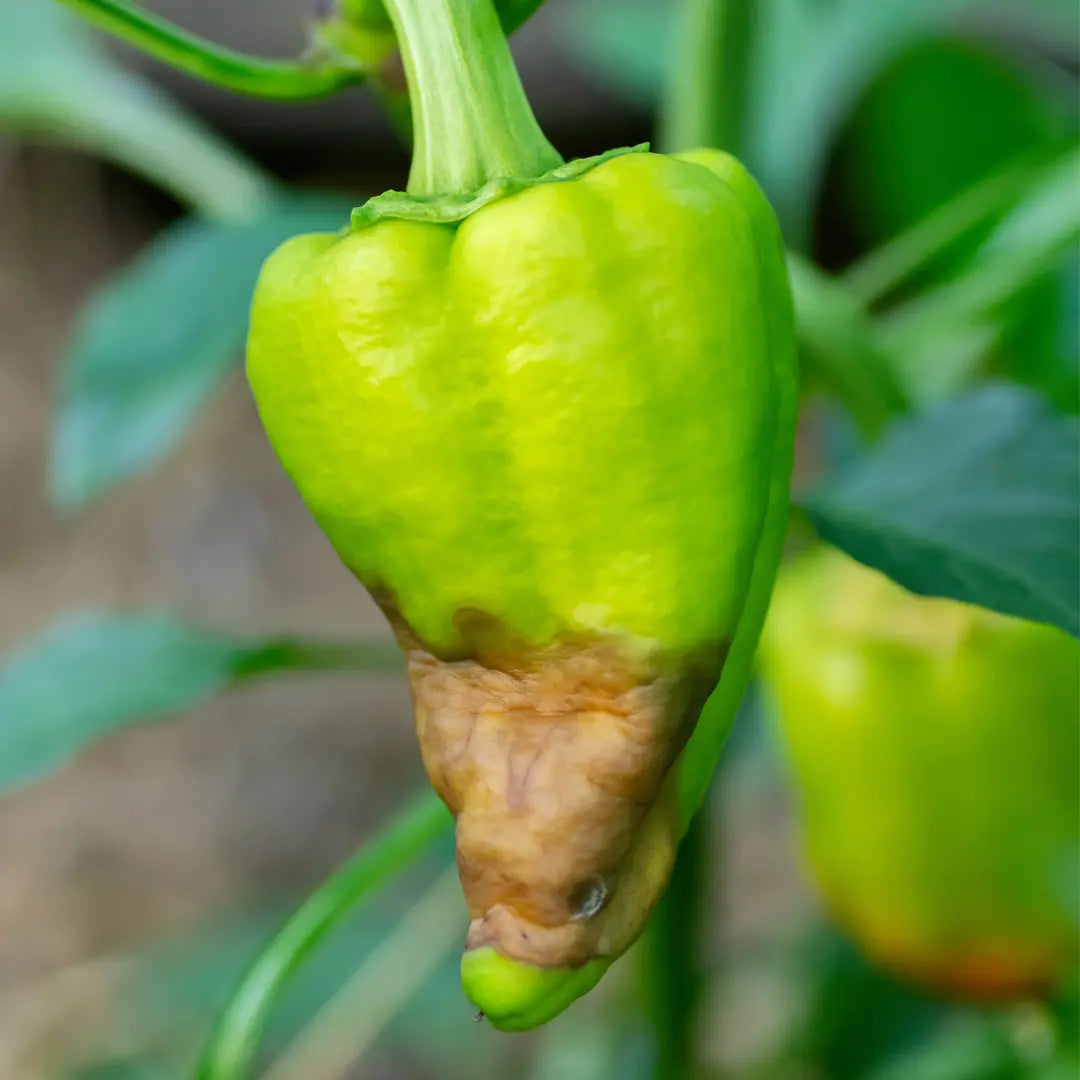
Bacterial Rot
At Ignition Seeds, we understand the importance of growing healthy and vibrant chilli plants. One of the most common diseases that can affect chilli plants is Bacterial Rot. In this article, we will provide you with essential information on how to identify and manage Bacterial Rot, tailored specifically for New Zealand gardeners. With proper care, you can prevent and treat this disease, ensuring your chilli plants thrive.
Collapsible content
Identification
Bacterial Rot, caused by various species of the bacterium Pectobacterium, is a destructive disease that affects chilli plants and many other crops. The rot causes plants to wilt, decay, and eventually die. To protect your chilli plants, it's crucial to identify the early signs of Bacterial Rot.
Symptoms
The initial signs of Bacterial Rot can be difficult to spot. However, as the disease progresses, you will notice several key symptoms:
- Water-soaked lesions: The first indication of Bacterial Rot is the appearance of water-soaked lesions on the leaves, stems, or fruits of your chilli plants. These lesions may be small and translucent, eventually growing larger and turning brown or black.
- Soft, mushy texture: As the name suggests, Bacterial Rot causes infected plant tissue to become soft and mushy. This is due to the breakdown of the plant's cell walls by the bacteria.
- Foul smell: As the rot advances, a foul, pungent odour will be emitted from the affected areas. This smell is the result of bacterial fermentation and the release of gases such as ammonia.
- Wilting and yellowing: Infected plants may exhibit wilting and yellowing of the leaves, even when they receive adequate water and nutrients.
- Collapse of plant tissue: In severe cases, the rot may cause the collapse of the entire plant, leaving it flat on the ground.
Prevention and Management
Prevention and control of Bacterial Rot are essential for maintaining the health and productivity of your chilli plants. By following the steps below, you can protect your plants from this destructive disease:
- Choose resistant varieties: When selecting chilli seeds, opt for disease-resistant varieties. At Ignition Seeds, we offer a range of chilli seeds that are less susceptible to Bacterial Soft Rot, ensuring a healthier crop.
- Practice proper sanitation: Good garden hygiene is crucial in preventing the spread of Bacterial Soft Rot. Regularly remove plant debris, dead leaves, and weeds, as they can harbour bacteria. Clean and disinfect gardening tools between uses to minimise the risk of transferring bacteria to healthy plants.
- Monitor watering: Overwatering can create the ideal conditions for the growth and spread of Bacterial Rot. Ensure your chilli plants receive adequate water but avoid waterlogged soil. During the wetter months of New Zealand's spring (September to November) and autumn (March to May), pay close attention to your watering schedule.
- Improve soil drainage: Well-draining soil helps prevent the spread of Bacterial Rot. Amend your soil with organic matter like compost, peat moss, or aged manure to improve its drainage properties.
- Rotate crops: Crop rotation can reduce the likelihood of Bacterial Soft Rot returning to your garden. Avoid planting chilli plants in the same area where the disease has been present in the past three years. Instead, plant unrelated crops such as lettuce, peas, or beans.
- Use organic fungicides: Some organic fungicides, such as copper-based products or Bacillus subtilis, can help control Bacterial Rot. Apply these products according to the manufacturer's instructions and follow the recommended application schedule. Be sure to apply fungicides during the drier months of New Zealand's summer (December to February) to maximise their effectiveness.
- Remove infected plants: At the first sign of Bacterial Rot, promptly remove and dispose of the infected plant parts or entire plants. Avoid composting these materials, as this may spread the disease to other parts of your garden. By removing infected plants, you can prevent the bacteria from spreading to healthy plants.
- Maintain proper spacing: Proper plant spacing allows for good air circulation, which can help prevent the spread of Bacterial Rot. When planting chilli seeds, follow the recommended spacing guidelines to ensure adequate airflow around each plant.
- Monitor insect pests: Insects such as aphids, whiteflies, and thrips can spread Bacterial Soft Rot by transferring the bacteria from infected plants to healthy ones. Monitor your garden for these pests and implement appropriate control measures, such as insecticidal soaps or neem oil, to keep their populations in check.
By taking these precautions and providing proper care, you can significantly reduce the risk of Bacterial Rot affecting your chilli plants. At Ignition Seeds, we are committed to helping you grow healthy, thriving chilli plants. With our selection of disease-resistant seeds and our expert advice, you can enjoy a bountiful harvest of delicious chillies, season after season.
